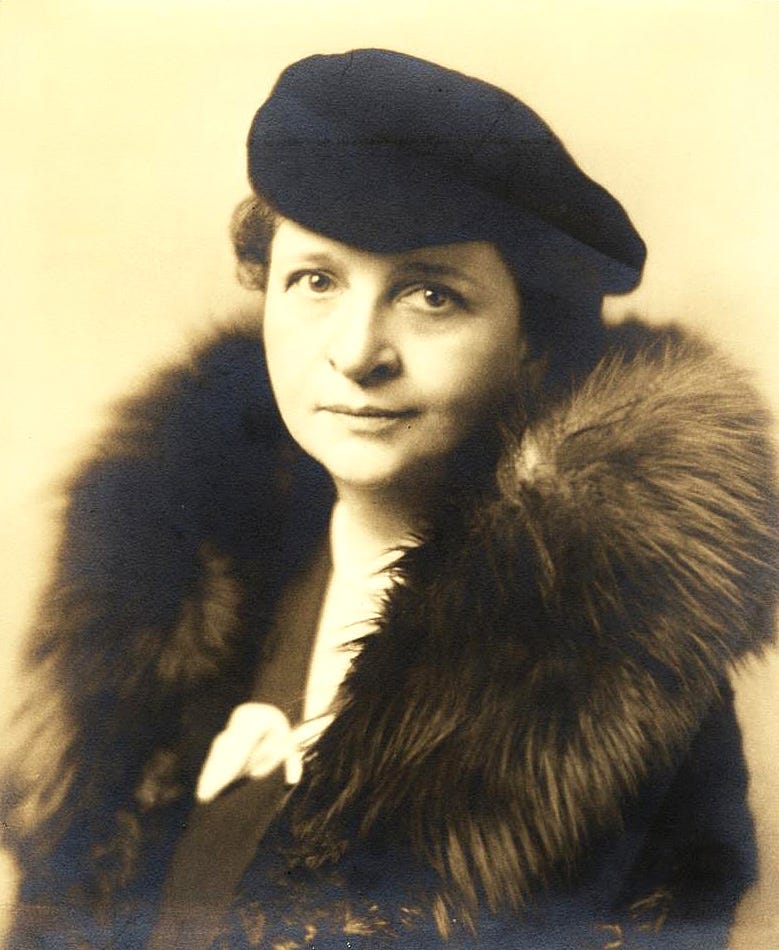Celebrating Frances Perkins’ legacy this Labor Day
Honoring the woman behind The New Deal
Frances “Fanny” Perkins did not step into the halls of power in 1933 to decorate a Cabinet photo. She stepped in carrying fire.
That’s precisely why Fanny is not just a hero for the labor movement, but a personal hero of mine and an inspiration to every girl and woman who refuses to abide by the limits society imposes on them.
The first woman to serve in…



